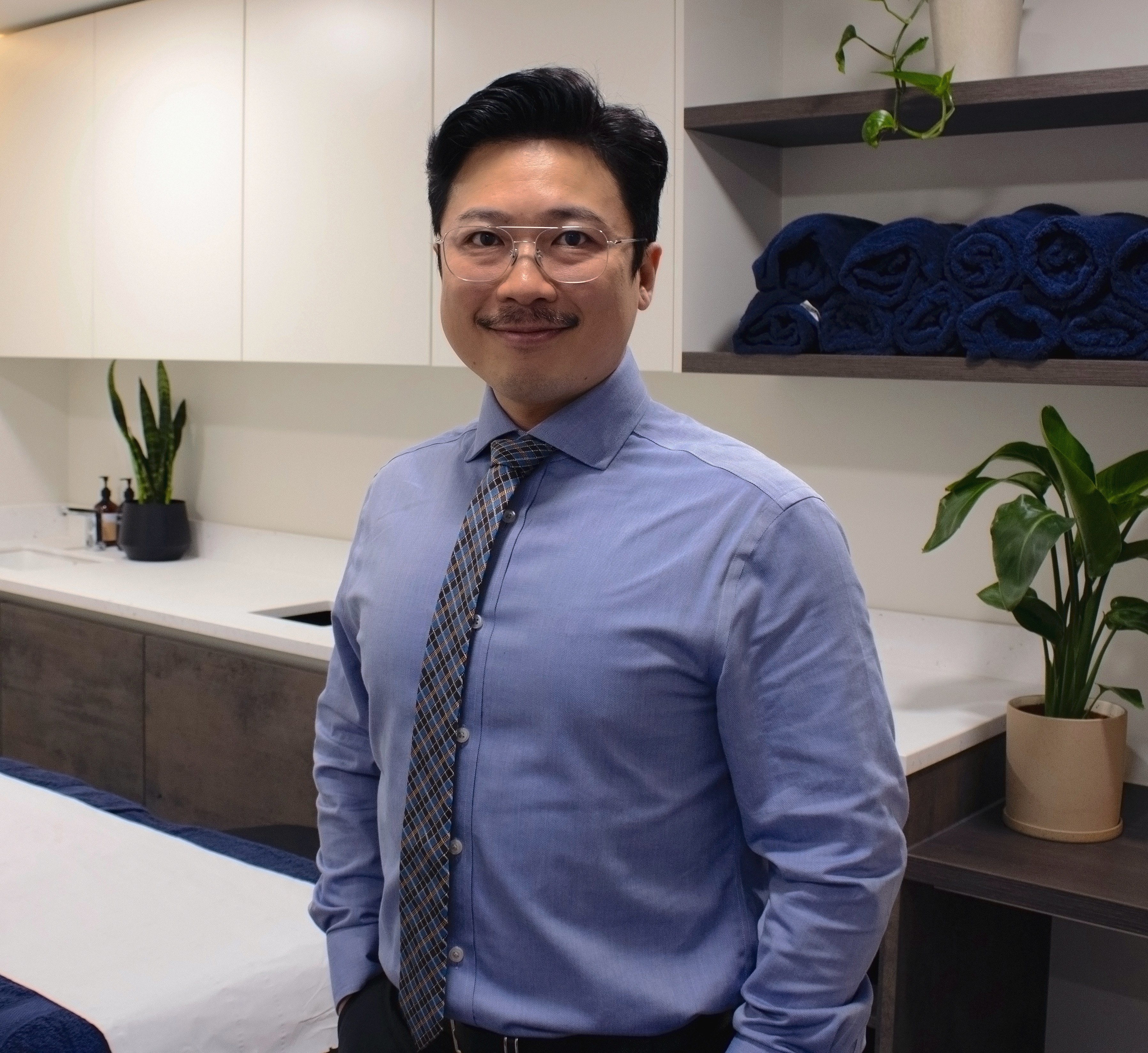Smell Training for bringing back the sense of smell after Covid-19 infection
- Harvey Young

- Jun 9, 2022
- 3 min read
Updated: Jul 20, 2022
Several current studies suggest that repeated short-term exposure to smells can potentially be beneficial for those who have lost their sense of smell after virus infection including Covid-19.
According to the smell disorders charity Fifth Sense, studies suggest you should choose scents that represent the four smell categories: Flowery (eg, rose), Fruity (eg, lemon), Spicy (eg, cloves) and Resinous (eg, eucalyptus). However, the key point is that you use things that have a distinctive smell, it is easily identifiable and familiar to those undertaking the test.
For example, for school children, things like orange, vanilla and mint are smells even very young children are likely to be able to identify. For older adults, garlic, coffee, and coconut are additional scents you could use – the list is endless. You can adapt what you use to best suit cultures, age range and circumstances.

Remember, the sense of smell can change and improve, it can be trained and developed with exposure to odours, as expert perfumers will testify.
Smell Training Preparation
Choose a few items from your home that provide a range of smells – try to select things that you know you found to be pleasant and/or have a connection with. Lemon and orange rind, nutmeg, clove, mint, eucalyptus, ground coffee, coconut and vanilla are some of the objects you can use.
You can also use the raw material (e.g smell directly from the pepper grinder, rip a sprig of fresh herbs) or you can use small bowls or jars (such as ramekins, clean glass spice or baby food jars...)
Once you comfortable with the routine of smell training and if you want to increase the range of smells, you might want to invest in natural essential oils or quality perfume.

Smell Training Instructions
The training is best conducted when assisted by a family member or a friend to test your ability to smell without seeing the source
Place each source into a separate bowl/jar or just take the raw material into your hands
Close your eyes or use a sleep mask to ensure you cannot see the item
Ask your assistant to present a scent at a time
Relax and slowly take short gentle sniffs – sniffing too hard, too quickly and too deeply is likely to result in you not being able to detect anything
Give your full attention to the training. Try not to have too many other distractions.
Repeat 2 or 3 more times, then rest for five minutes
Record your response to the scale below
0%= No ability to smell
25%= I can detect a very faint smell but couldn’t identify the source
50% = I can detect a faint smell and still couldn’t identify the source
75% = I can detect a faint smell and I could identify the source
100% = Full ability to smell
Move on to the next smell and repeat as above
Smell Training Tips
The most important aspect of smell training is to do it regularly, at least twice every day, ideally morning and evening – some items can be sealed in the jar and used again. Some you will need to refresh each day
Relax and inhale naturally
Don’t sniff too hard or for too long…10 seconds for each smell is enough
Try to stick with it. If you cannot smell anything at first then do not be disheartened
Everyone is different. Post viral loss/disorders are recoverable in about 90% of people. For some people, it can take a few weeks or even a few months before they identify anything, and some people may not get any benefit from it at all.

Smell disorders such as “inability to smell”, “reduced/distorted sense of smell”, and “smelling things that aren’t present”…these disorders can be caused by viral infections other than Covid-19, swelling in the nose/sinuses, allergies, traumatic head injuries and a range of other causes. Therefore, it is important to have the cause of your smell loss investigated and to explore possible treatment options with your doctor.
Credit: Fifth Sense
Our qualified and licensed expertise makes your journey to nervous system and musculoskeletal healthcare a reassuring one. To book a #chiropractic or #correctiveexercise consultation or find out more about the procedures we offer at our clinics use our online appointment request form or call +44 (0) 20 7193 6272







Comments